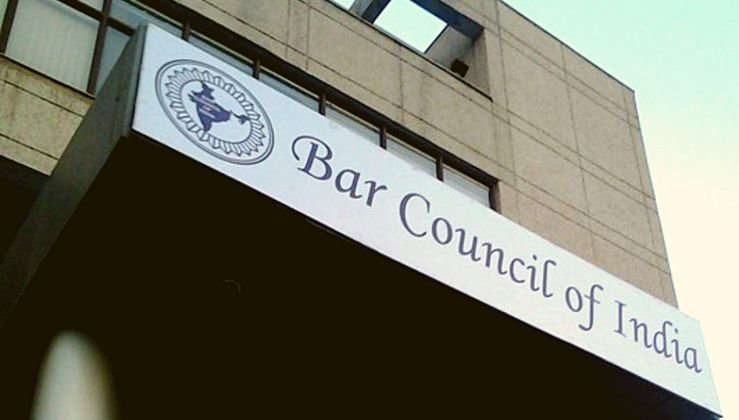Introduction:
In a recent verdict, the Supreme Court of India has reaffirmed the authority of the Bar Council of India (BCI) to establish qualifications and requirements for advocates seeking enrolment with State Bar Councils. The ruling, based on the decision of a Constitution Bench, validates the BCI’s rule that mandates completion of courses from recognized law colleges for candidates aspiring to be advocates. This judgment came in response to an appeal filed by the BCI against a ruling of the Orissa High Court that allowed enrolment of an advocate despite graduating from an unrecognised institute. Let’s delve into the details of this significant legal development.
The Background:
The case revolved around the BCI’s jurisdiction to regulate the educational qualifications of advocates before their enrolment. In 2012, the Orissa High Court had ruled in favor of the respondent, directing the BCI not to impose additional conditions for enrolment, despite the candidate’s graduation from the unrecognised Vivekananda Law College at Angul. The High Court’s decision was based on the precedent set by V. Sudeer vs. Bar Council of India & Anr. However, a Constitution Bench judgment earlier this year declared that the ruling in V. Sudeer was no longer valid, thereby giving the BCI wide-ranging pre-enrollment powers.
The Supreme Court’s Verdict:
In its recent judgment, the bench comprising Justices Vikram Nath and PV Sanjay Kumar upheld the BCI’s rule requiring candidates to have completed their law courses from recognized institutions. Citing the Constitution Bench’s decision, the court held that the BCI’s role prior to enrolment could not be undermined. The bench further emphasized that Section 49 read with Section 24(3)(d) of the Advocates Act vested the BCI with the power to determine the norms for advocate enrolment. Thus, the rule framed by the BCI mandating candidates to graduate from recognized/approved colleges was deemed valid, overturning the Orissa High Court’s order.
Implications of the Judgment:
By upholding the BCI’s authority, the Supreme Court has reinforced the significance of educational qualifications in the legal profession. The ruling emphasizes the need for advocates to acquire their law degrees from recognized institutions approved by the BCI. This decision aims to ensure the quality and standard of legal education and maintain the integrity of the profession. While the judgment settles the controversy surrounding the BCI’s pre-enrolment powers, it also clarifies the primacy of the BCI’s role in determining enrolment qualifications, averting potential conflicts between State Bar Councils and the BCI.
Conclusion:
The Supreme Court’s recent judgment affirms the Bar Council of India’s power to establish qualifications and requirements for advocates seeking enrolment. Upholding the rule that candidates must complete their law courses from recognized institutions, the court has reinforced the importance of educational standards in the legal profession. The decision ensures that aspiring advocates possess the necessary knowledge and skills, safeguarding the integrity of the profession. This landmark ruling clarifies the BCI’s authority, resolving the conflict arising from the Orissa High Court’s ruling and establishing a precedent for future cases related to advocate enrolment qualifications.
